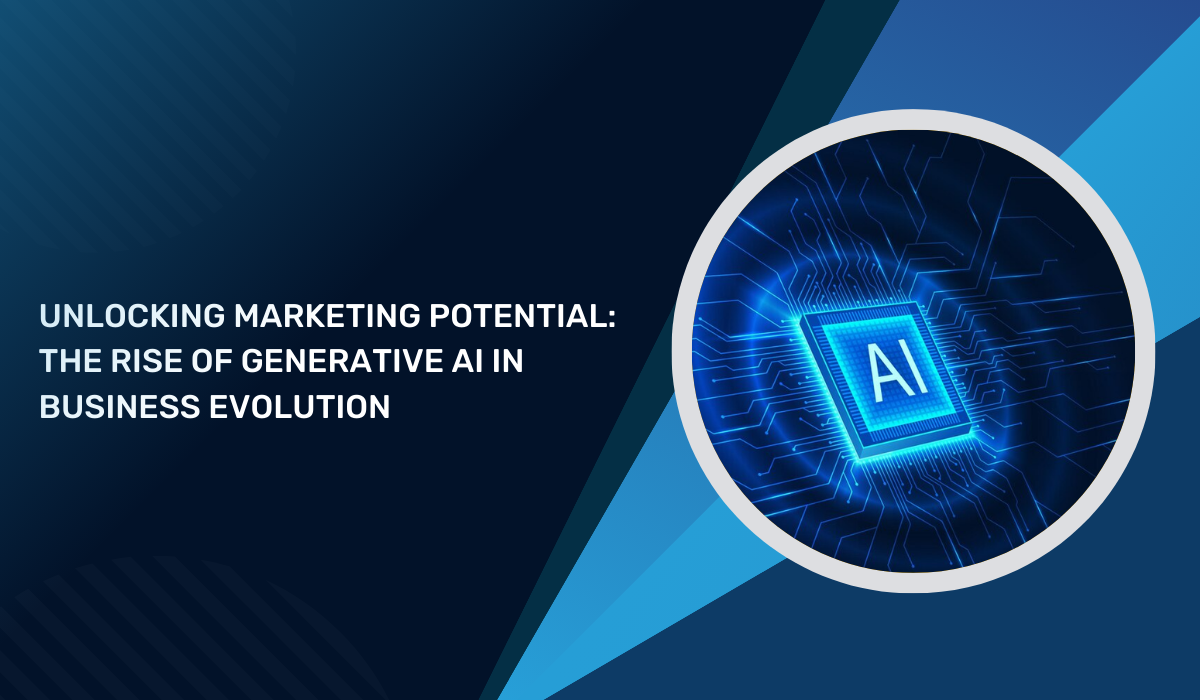
In the ever-evolving realm of business, artificial intelligence (AI) has been reshaping various facets, ranging from operations and analytics to product development and customer service. Among the myriad applications, the field of marketing stands out as a particularly exciting domain for AI integration. Generative AI, in particular, has garnered attention for its ability to craft compelling content and enhance the marketing journey. Notable examples include OpenAI's ChatGPT, a chatbot generating natural and coherent conversations, and Adobe Photoshop, utilizing generative AI to create realistic images with transformative capabilities.
Generative AI presents marketers and brands with distinct advantages. Its scalability enables the creation of large volumes of content rapidly, facilitating broader outreach and experimentation with different formats. Personalization becomes paramount as generative AI tailors content based on individual customer preferences, enhancing relevance and engagement. Additionally, the creative prowess of generative AI yields novel and original content, allowing marketers to stand out and captivate their audience. To leverage these benefits, marketers are advised to define clear objectives, choose suitable tools and platforms, and continuously experiment and optimize their generative AI content.
In the dynamic landscape of generative AI applications for marketing, Gen AI emerges as a frontrunner, revolutionizing customer engagement. Its capabilities extend beyond chatbots to encompass virtual sales avatars and conversational interfaces, enriching the customer journey. Businesses integrating Gen AI report enhanced customer engagement, personalized interactions, and streamlined sales processes, solidifying these technologies as indispensable tools in the marketer's toolkit. Generative AI serves as a transformative force, not replacing human marketers but augmenting their capabilities and outcomes, elevating marketing strategies and customer experiences to new heights.